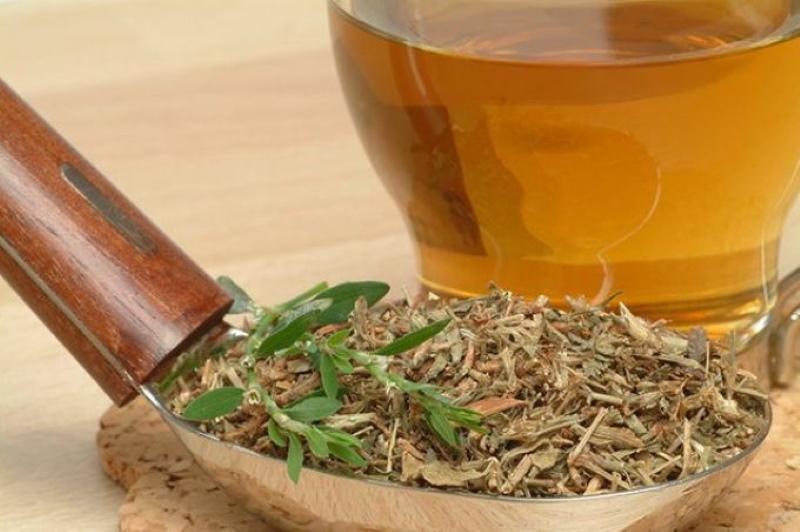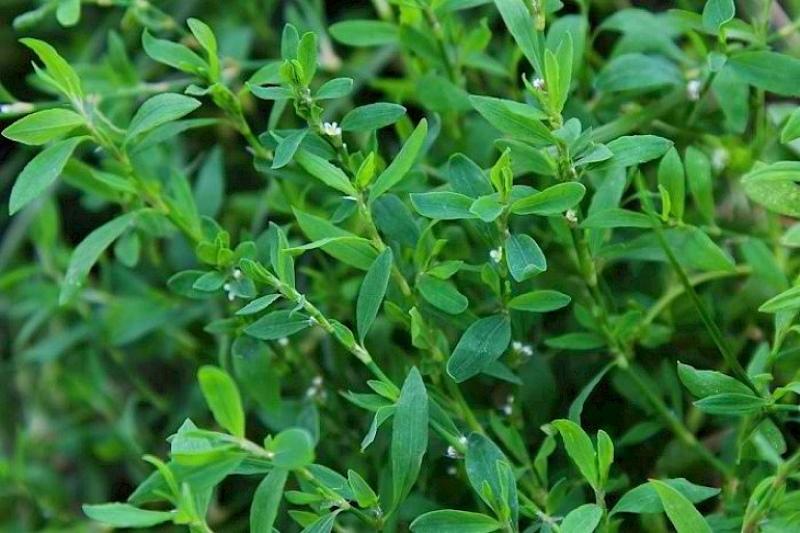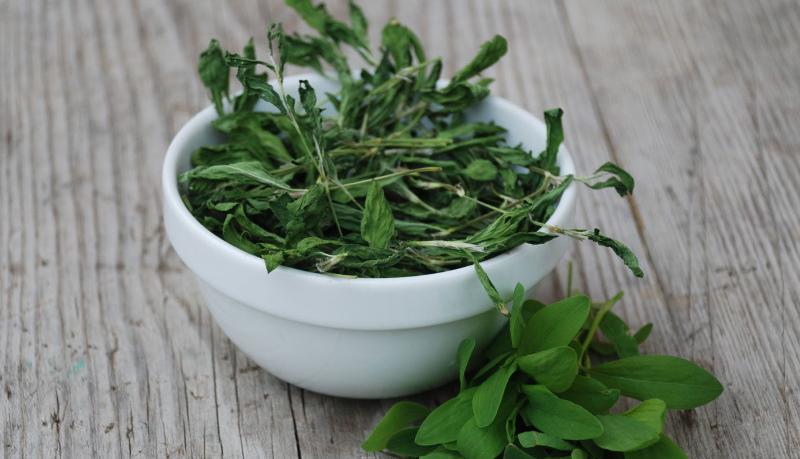Knotweed herb - medicinal properties and contraindications for use
 Many call it a weed because of its extreme vitality and ability to inhibit nearby plants. But in folk medicine, this culture is not the last place. Knotweed grass - medicinal properties and contraindications of creeping bushes have been known for a long time. Knotweed is absolutely unpretentious, it grows everywhere, quickly spreading over the site. A dense carpet of recumbent branchy stems displaces all the grass that had the imprudence to grow nearby.
Many call it a weed because of its extreme vitality and ability to inhibit nearby plants. But in folk medicine, this culture is not the last place. Knotweed grass - medicinal properties and contraindications of creeping bushes have been known for a long time. Knotweed is absolutely unpretentious, it grows everywhere, quickly spreading over the site. A dense carpet of recumbent branchy stems displaces all the grass that had the imprudence to grow nearby.
Knotweed is a universal plant. It is not only medicinal, but also edible. Young stems are eaten with pleasure and geeseand people, and wild birds love seeds. Knotweed is also a natural dye.
Knotweed herb - medicinal properties and contraindications

Medicinal decoctions, infusions and tinctures, and even juice, are made from knotweed, which are effective:
- cleanse the blood and increase its coagulability;
- strengthen the capillaries;
- lower pressure;
- prevent stone formation in the kidneys and bladder, and also crush stones and expel sand;
- stop bleeding and inflammation;
- promote the healing of various skin lesions, as well as ulcers;
- stimulate the ovaries and help with infertility;
- relieve swelling;
- are antipyretic, expectorant and antimicrobial agents.
In what cases can not be treated with knotweed
 Due to the wide range of beneficial properties of this plant, knotweed must be taken with other diseases in mind. So, it is absolutely unacceptable to receive any form of medicinal products based on it, if there are:
Due to the wide range of beneficial properties of this plant, knotweed must be taken with other diseases in mind. So, it is absolutely unacceptable to receive any form of medicinal products based on it, if there are:
- varicose veins;
- thrombophlebitis;
- heart diseases;
- acidity gastritis;
- diseases of the bladder and kidneys at the stage of acute inflammation;
- increased blood clotting.
In addition, knotweed is contraindicated in pregnant women and young children. There may also be an individual culture intolerance.